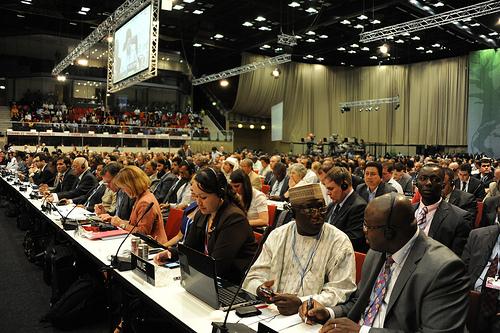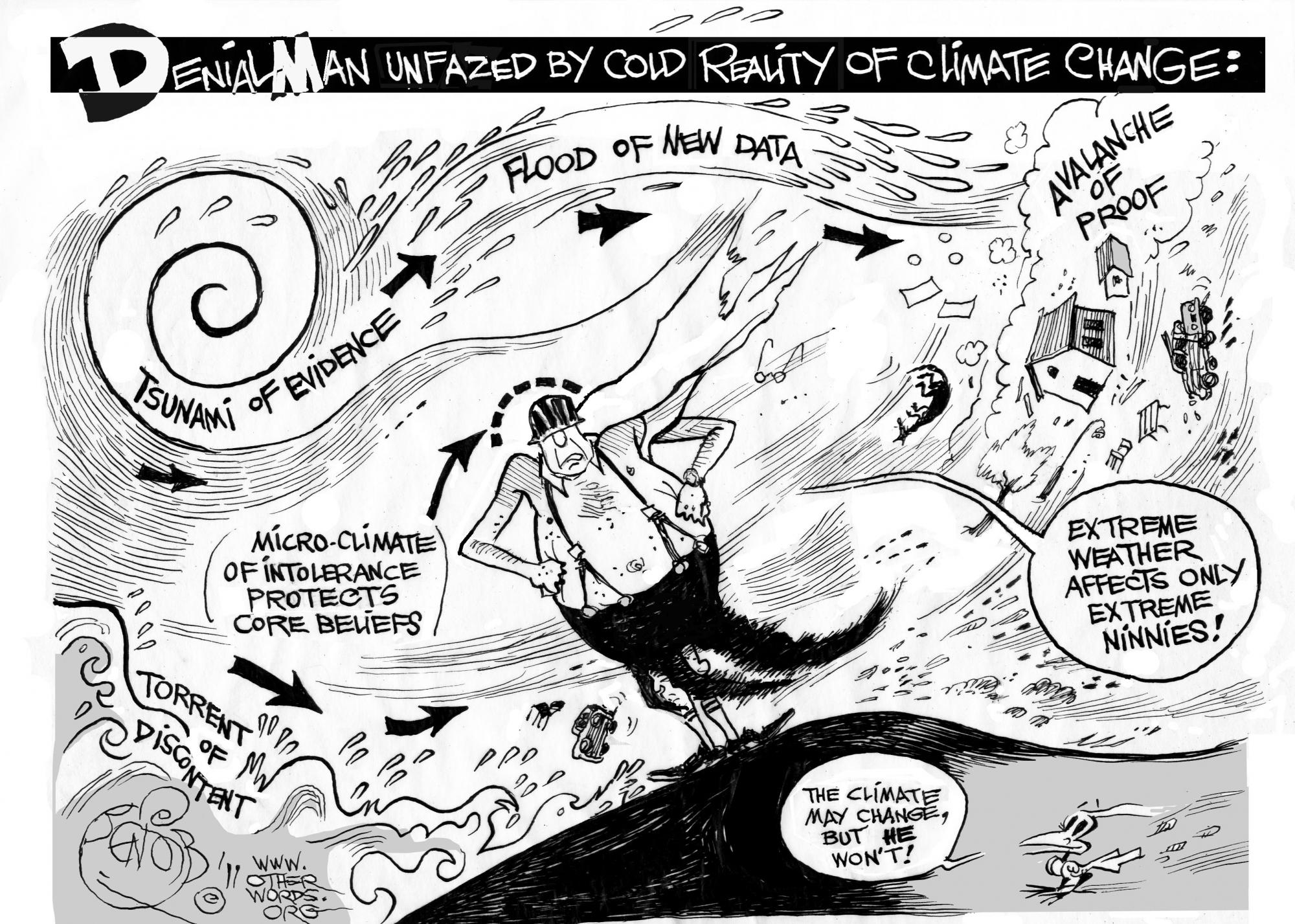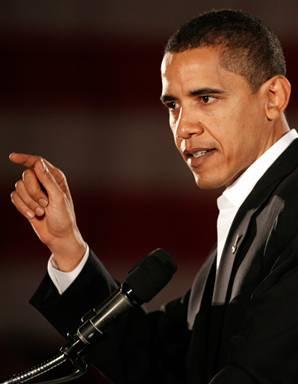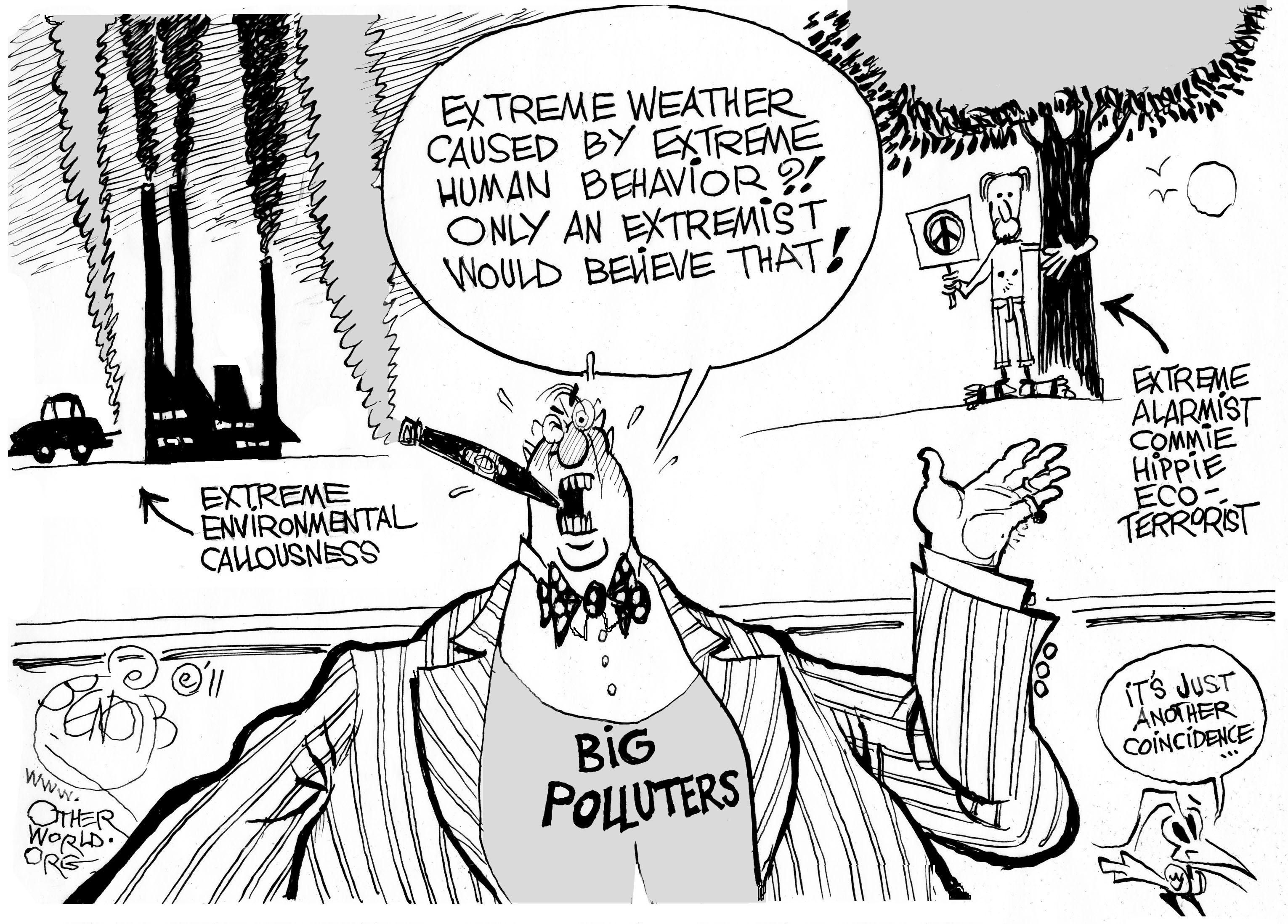Climate Policy
The aim of the Climate Policy Program is to support the transition from a financially extractive, fossil fueled economy to equitable, democratic and local living economies. Because we understand climate disruption as a consequence of our broken economic system, and as a major factor exacerbating race, class, gender, and other forms of inequality, we look for root causes and promote solutions at the intersection of both the economic and climate crises.
We organize our work around the premise that to solve the climate crisis, we must confront systemic economic, social and racial inequality, both in the U.S. and worldwide. We provide long-term vision and bold ideas in domestic and international policy spaces, using research, writing and strategic conversations to redefine what is politically possible.
The Climate Policy Program is currently focused primarily on the United States because of the urgent challenges, and opportunities, that have emerged in recent years. The U.S. has the highest per capita carbon emissions of any country, and is now led by an Administration that denies climate change and has begun recklessly reversing progress in reducing carbon emissions at home and internationally. The U.S. has also been at the forefront of “extreme extraction” such as fracking and mountaintop-removal coal mining. At the same time, the U.S. has seen a surge of brave and inspiring climate activism led by affected frontline communities, such as the struggles around the Keystone XL and Dakota Access Pipelines.
Both domestically and internationally, we seek to nurture deep relationships with grassroots organizations and networks and to align our efforts with the goals of social, economic and environmental justice movements. The project’s current work, led by Basav Sen focusing on the domestic policy work, and with Associate Fellow Oscar Reyes focusing on the international work, includes:
– Promoting effective, just climate solutions at the state and local level. While national level change becomes harder, we work with grassroots groups and movement leaders to envision and define state and local policies that advance a ‘just’ transition to a new economy, and provide research and proposals to break down policy barriers and uplift solutions that reduce inequality while mitigating greenhouse gas emissions and promoting community resilience. By sharing stories and models of success, we aim to shift the culture of the climate movement beyond ‘carbon fundamentalism’ to one that embodies systemic change through concrete alternatives.
– Increasing awareness and debate about the intersections of climate change and inequality. Climate change is caused by an economic model that values the short-term financial gain of a few over the rights of most of humanity, and especially indigenous peoples, people of color, and poor people. For resistance to the “dig, dump, and burn” economy to be truly effective, it has to confront the root causes that drive this economic model. No amount of tinkering around the edges or technological “fixes” are going to reverse climate change effectively. We aim to amplify the narrative of the necessity for systemic change through research and writing that illuminates the linkages between climate change and systemic racism, anti-immigrant ideology, and economic inequality.
– Countering false populist narratives and false solutions. In the United States, we are confronted with a government that uses false promises of renewed growth in fossil fuel jobs to divide and confuse people and divert attention from their true agenda of giving the fossil fuel oligarchy license to profit by poisoning the air, water, and land, and violating the rights of frontline communities. Likewise, both in the U.S. and worldwide, we see dirty and dangerous technologies such as nuclear energy, trash incineration, biofuels, and big dams being promoted as “carbon free” energy solutions, ignoring the very real harm they do to the environment and to the most marginalized people. We work to effectively counter these false populist narratives and false solutions in the public debate around climate change.






